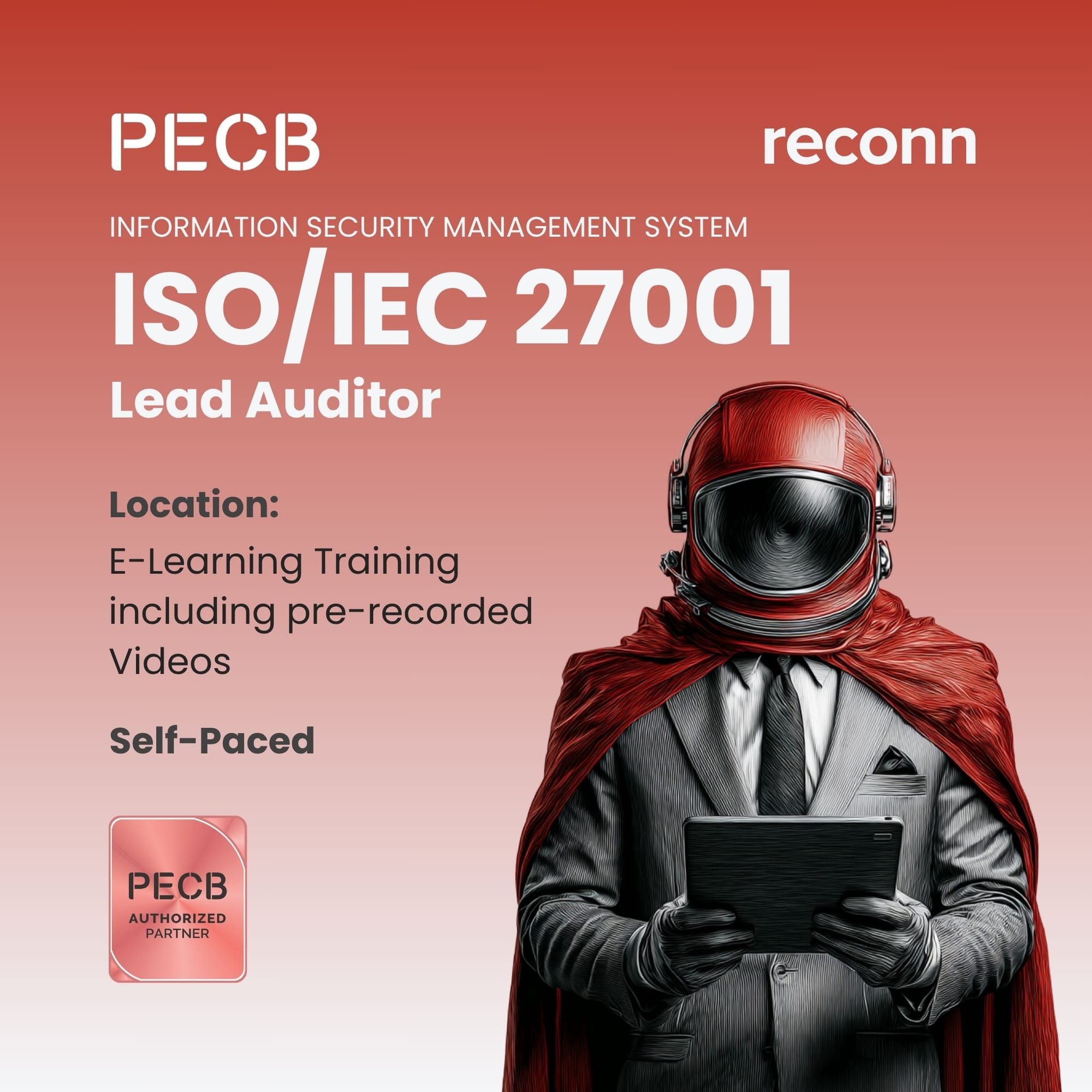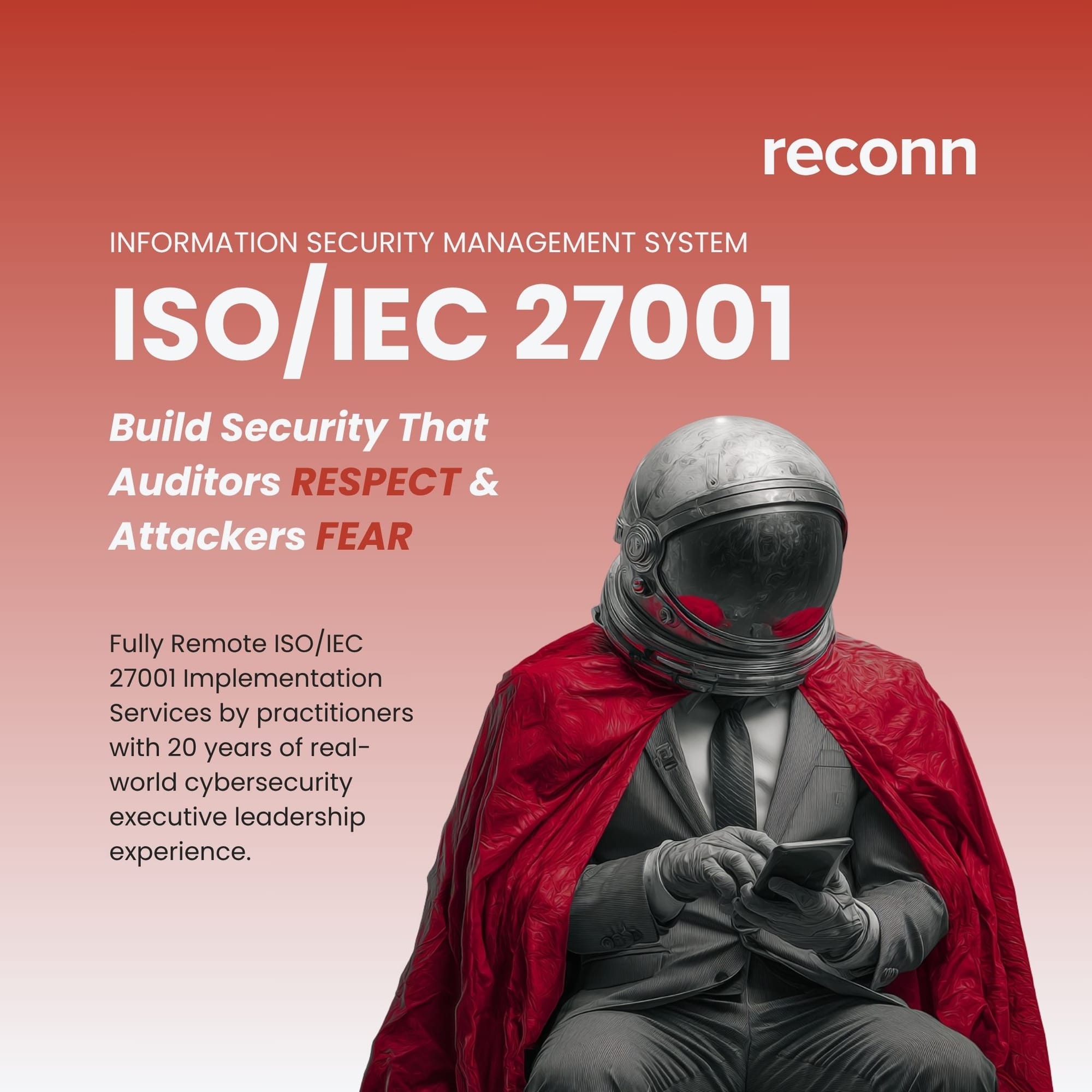ISO/IEC 27001:2022 Lead Auditor vs Lead Implementer: Which Certification Should You Choose?
ISO/IEC 27001:2022 Lead Auditor vs Lead Implementer — which is worth it? Discover real-world differences, career value, and why most professionals benefit more from Lead Implementer.

Over the last few years, one certification has dominated job boards, LinkedIn posts, and training ads: ISO/IEC 27001 Lead Auditor. Every other recruiter seemed to add “Lead Auditor” to their job descriptions, and training institutes heavily marketed it as the golden ticket for an information security career.
But let’s be honest — just because you pass the Lead Auditor exam doesn’t make you a lead auditor. The title looks shiny, but the real question is: will you actually work as an external auditor at a certification body? For most professionals, the answer is no.
In my two decades of working across BFSI, defense, oil & gas, and tech sectors, I’ve seen this first-hand. Over 90% of professionals I’ve interacted with weren’t performing external audits — they were implementing, maintaining, or improving an ISMS (Information Security Management System). That’s why, in reality, the ISO/IEC 27001:2022 Lead Implementer program adds more value for most careers.
Still, the market reality is different: employers and recruiters love to see “Lead Auditor” on résumés. So which one should you choose? Let’s break it down without the marketing fluff.
Key Takeaways
- The hype around Lead Auditor is real, but the roles are limited.
- Lead Implementer aligns better with most career paths.
- Recruiters use “Lead Auditor” as a keyword, so it doesn’t hurt to have it.
- If possible, do both certifications — one builds authority, the other builds practical skills.
- eLearning/self-study is becoming the preferred way to certify, giving you flexibility without losing credibility.

ISO/IEC 27001 Lead Auditor Certification
100% Online ISO/IEC 27001 Lead Auditor Certification program. Choose between self-study or elearning delivery option. Includes official courseware from PECB and 2x Examination attempts.
Understanding the Certifications
ISO/IEC 27001:2022 Lead Auditor (LA)
- Objective: Trains you to plan, conduct, and report audits against ISO/IEC 27001:2022.
- Who delivers audits? In practice, external auditors from accredited certification bodies (like BSI, TÜV,DNV) conduct the “official” certification audits.
- Where it fits in:
- Internal audit function (if your company has an independent audit team).
- Consulting firms (delivering readiness assessments or mock audits).
- External auditors (if you get hired by a certification body — rare, but possible).
ISO/IEC 27001:2022 Lead Implementer (LI)
- Objective: Equips you to design, deploy, and continually improve an ISMS.
- Where it fits in:
- Corporate ISMS teams (implementation, maintenance, continual improvement).
- Consulting firms (helping clients achieve ISO/IEC 27001:2022 certification).
- Roles that require building policies, risk assessments, treatment plans, awareness programs, and internal compliance reporting.
The Misconception Around “Lead Auditor”
Here’s the tough truth: passing the Lead Auditor exam doesn’t make you a practicing auditor.
To sign off ISO/IEC 27001:2022 certifications, you must:
- Work for an accredited certification body, not just any consulting firm.
- Complete shadow audits and witnessed audits under senior auditors.
- Go through a rigorous qualification process (ISO/IEC 17021 requirements).
That’s why roles for true external auditors are limited and competitive.
On the flip side, ISMS implementation roles are everywhere. Every enterprise — whether in banking, government, healthcare, or startups needs specialists to set up and improve ISO/IEC 27001:2022 compliance.
Career Mapping: Lead Auditor vs Lead Implementer
| Feature / Factor | ISO 27001 Lead Auditor | ISO 27001 Lead Implementer |
|---|---|---|
| Primary Goal | Train to conduct audits | Train to design & implement ISMS |
| Best For | Auditors at certification bodies, consultants doing readiness audits, internal auditors | ISMS managers, compliance officers, consultants implementing systems |
| Market Demand | Popular in job postings, but fewer true auditor roles | High demand across industries (implementation > auditing) |
| Practical Day-to-Day | Reviewing documentation, interviewing, reporting findings | Building policies, risk registers, awareness programs, treatment plans |
| Career Entry Barrier | High – must work under an accredited CB | Low – every company with ISO 27001 needs implementation |
| Salary Advantage | Higher if in CB; otherwise, not much difference | Strong demand in corporate & consulting |
Why Recruiters Push “Lead Auditor”
Here’s the non-BS reality: recruiters love using the “Lead Auditor” keyword because:
- It sounds authoritative.
- Training institutes marketed it as the “premium” badge.
- HR teams often don’t know the difference.
So yes, the keyword helps you pass résumé filters. But in your day-to-day job, you’ll likely be implementing, not auditing.
My Recommendation (From 20+ Years in the Field)
If you asked me purely from a career utility standpoint:
Go for Lead Implementer first.
Why? Because:
- 9 out of 10 people I meet are working on implementation or maintenance.
- Companies value people who can do the work — build risk registers, policies, controls.
- Implementation skills transfer across consulting, corporate, and startup environments.
But if you want the marketability edge or plan to work with certification bodies in the future, combine it with Lead Auditor. Many professionals eventually do both.
If your budget allows — do both certifications. (And yes, we can bundle them with a discount ).
The Self-Study & eLearning Trend
Another shift I’ve noticed: most professionals now prefer self-study and eLearning over traditional classrooms. Why?
- Flexibility: Study at your own pace, from anywhere.
- Cost savings: No travel, no accommodation.
- Practicality: Fits better into work schedules.
At reconn, we see over 70% of learners opting for 100% online Lead Auditor and Lead Implementer courses, supported by Q&A sessions and exam prep guidance.
Conclusion
Choosing between ISO/IEC 27001:2022 Lead Auditor and Lead Implementer shouldn’t be about hype, it should be about where you’ll actually apply your skills.
If you want to roll up your sleeves and make an impact inside organizations, start with Lead Implementer. If you want résumé keywords and possibly a pathway into certification bodies, add Lead Auditor.
Either way, ISO/IEC 27001:2022 expertise is in demand, and certification can significantly boost your career.
At reconn, we offer PECB-accredited self-study and eLearning programs for both Lead Auditor and Lead Implementer, along with remote implementation services for enterprises.
Also considering AI governance ? Read our complete guide to ISO 42001 certification

ISO/IEC 27001 Remote Implementation Services
Fully Remote ISO/IEC 27001 Implementation Services by practitioners with 20 years of real-world cybersecurity executive leadership experience.



